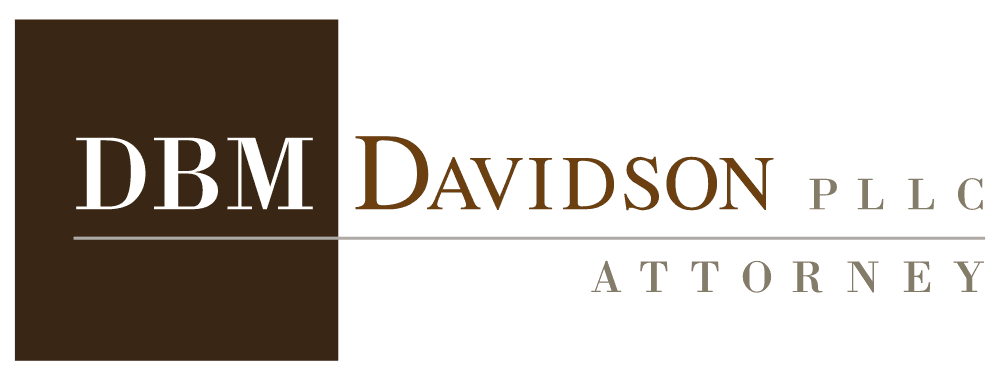A Chapter 7 bankruptcy filing will immediately stop foreclosures, repossessions, wage garnishments, lawsuits and collections, and provides relief from all dischargeable debt.</strong> Bankruptcy is often needed when total debt is more than can be paid within a reasonable time; when bill collectors are harassing for payment; when bills are running more than thirty days past due; when there are high medical expenses that are not covered by insurance; when wages are garnished; when property has been repossessed; or when foreclosure is pending. Most often, a decision to file bankruptcy is made after sleepless nights, when financial stress has reached a breaking point, and relief is needed to restore peace of mind, obtain a fresh start, and move forward without overwhelming debt.
The bankruptcy law provides relief to honest individuals that have suffered financial misfortune, and seek a new opportunity in life with a fresh start and a clear field for future effort. Chapter 7 bankruptcy is intended to quickly eliminate all dischargeable debt, and allow individuals to begin rebuilding their finances as quickly as possible. The bankruptcy attorneys at Davidson Backman Medeiros have provided Chapter 7 representation throughout Washington for over sixty-five years of combined experience, are devoted to providing representation to individuals that need the second chance that is available through bankruptcy.
Your eligibility to file Chapter 7 bankruptcy depends on whether you have previously filed for bankruptcy within the last eight years, whether your debts are primarily consumer debts or business debts, and whether your average monthly income exceeds the median income for a household of your same size in the county. This sounds complicated, but it can be simplified. First, if you have previously filed for bankruptcy within the last eight years, you won’t be eligible to file Chapter 7 now, although you may be able to pay your debts under Chapter 13. Second, if your debts are primarily business debts, you are eligible to file Chapter 7. Third, if your average income is less than the median income for a household of your same size, you are eligible to file Chapter 7.
Finally, if your average income is more than the median income for a household of your same size, you will need to meet the “means test” to determine whether a Chapter 7 filing is presumed to be an abuse of the Bankruptcy Code. If you are unable to overcome the presumption, the case will need to be dismissed, or converted to a case under Chapter 13 or Chapter 11. In most consumer cases, the means test is a hurdle, not a roadblock, to a Chapter 7 filing. We can analyze your eligibility based on an initial interview, and recommend a course of action that will provide you with the most relief that is allowed by law.
Davidson Backman Medeiros provides experienced and thoughtful representation to individuals that seek relief from financial difficulties through a Chapter 7 bankruptcy filing. Contact Davidson Backman Medeiros to arrange for a free confidential consultation regarding the filing of personal bankruptcy under Chapter 7.
